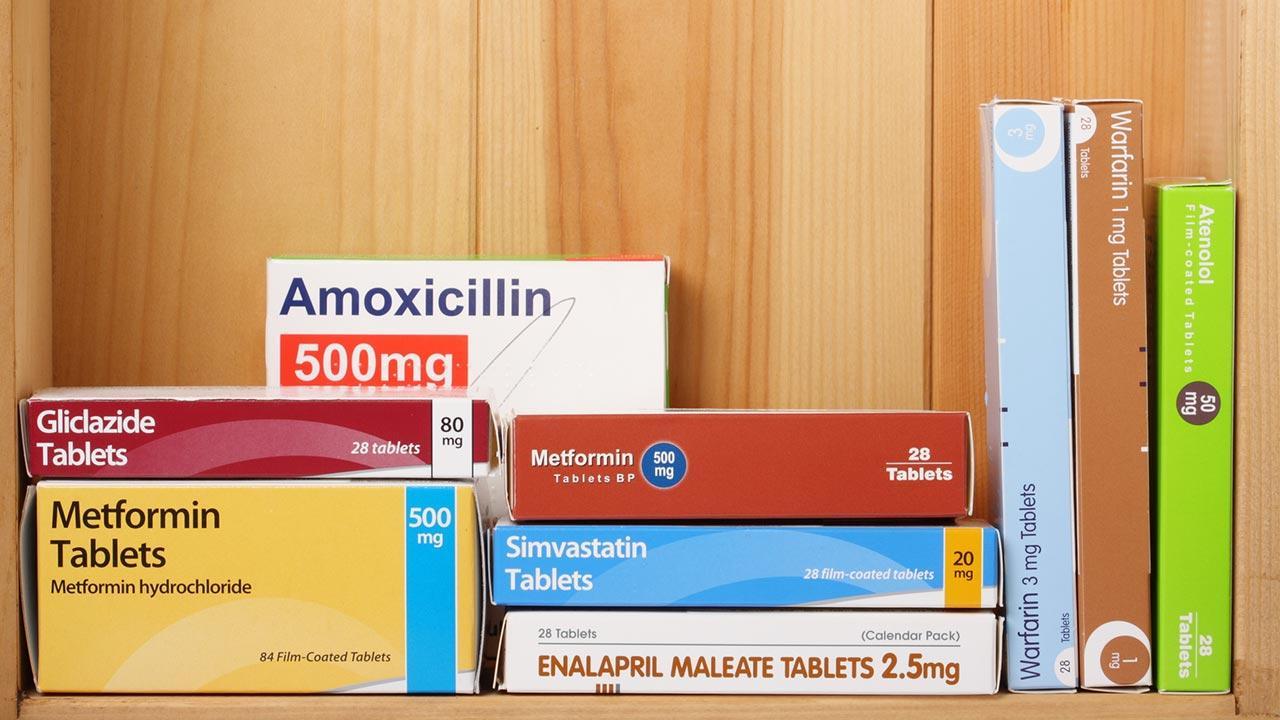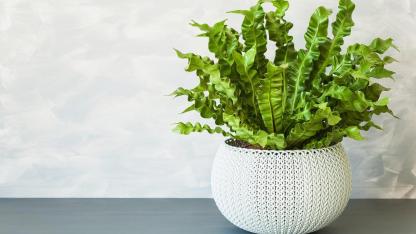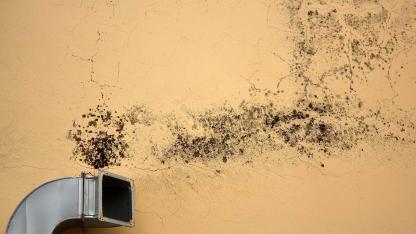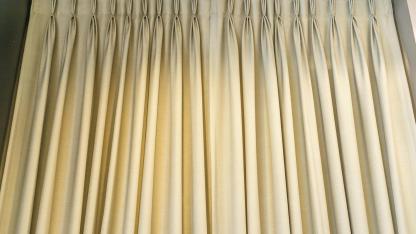What belongs in the medicine chest?
The medicine chest - what really belongs in it?
Kategorien: Health Children Home
It can be found in almost every household - the medicine chest. In some it is well stocked, in others it ekes out a meagre existence in the bathroom cabinet and contains little except headache tablets and plasters. But what really belongs in a well stocked home pharmacy? For emergencies, there should always be a small supply of medicines and bandages. But what do you really need?
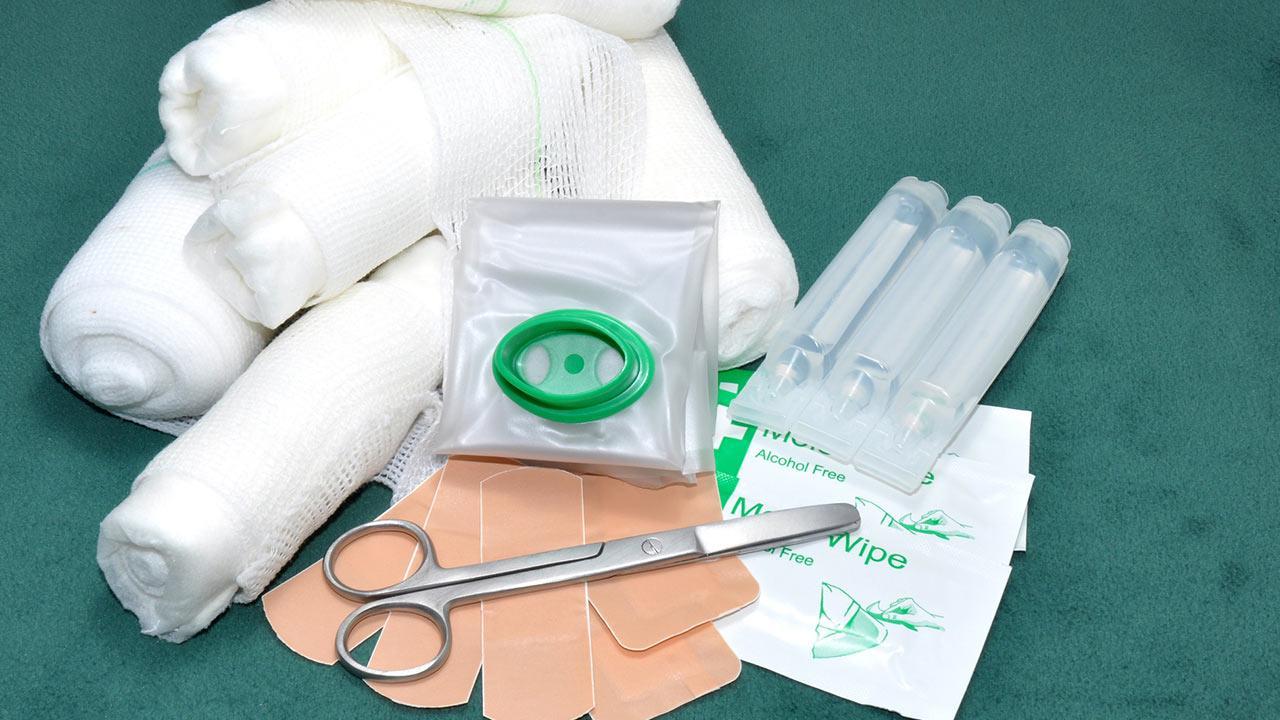 © philkinsey / depositphotos
© philkinsey / depositphotos
First of all, the size and contents of a medicine cabinet depend on the number and age of the persons living in the household. Senior citizens need different medicines and aids than pregnant women or children. The medicine chest should therefore always be adapted to the actual needs of all family members. When equipping the medicine cabinet, one can distinguish between the following three areas: Dressing material, aids and medicines / medical supplies.
Dressing materials
On the one hand, sterile compresses and gauze bandages are needed to cover wounds sterilely. The gauze bandages can be used to fix the compresses in place. Adhesive plasters, plaster strips and quick-acting wound dressings prove to be very practical for minor injuries in everyday life. You will also need bandage scissors, a triangular bandage (for placing an arm sling), cotton wool and bandage clips.
Aids and medication
Of course, a clinical thermometer also belongs in the medicine cabinet. This should be digital and equipped with suitable disposable sleeves. Disposable gloves are also part of the basic equipment, as well as disinfectant and tweezers. A list of emergency numbers and first aid instructions should be easily accessible. Especially in summer, tick tweezers also make sense. They make it easier to remove the annoying parasites quickly. Remedies against insect bites and itching round off the summer kit.
Cooling compresses for cooling sports injuries are best kept in the freezer. So they are quickly ready for use in an emergency. Simple painkillers such as ibuprofen or aspirin should be adapted to the household composition. Children need different dosages than adults! Medications for nausea, diarrhoea and other digestive disorders should also be available in the medicine chest.
A
he large cold area should also be covered with medication such as nasal spray, a gargle solution and sore throat tablets. Here too, children need different medicines than adults for colds and nausea. By the way: Not all remedies have to come from orthodox medicine, for some complaints, such as nausea and colds, homeopathic preparations help just as well as preparations from orthodox medicine.
Ointments for burns and wounds should of course not be missing, nor should the necessary medication for known chronic diseases. Medications for illnesses from which you often suffer, such as herpes or heartburn, should also be in stock. If a family member suffers from a condition that requires strong prescription drugs (e.g. opiates, beta blockers, etc.), these should not be kept in the medicine cabinet, accessible to everyone, but in a safe place.
The right storage
Many people keep their medicine cupboard in the bathroom or kitchen - but unfortunately they have no business there. These rooms are often exposed to high humidity. This can damage medicines and medical equipment. The ideal place to store them is a dark, lightproof and dry room, such as the bedroom or hallway. If there are children living in the household, the pharmacy box should of course not be accessible to them.
The medicine chest must be checked regularly for completeness and durability! If medicines are almost used up, they should be replaced. It is possible that the needs within the family have changed in the meantime. Also check the expiry dates. After the expiry date has passed, the manufacturer no longer guarantees the effectiveness of the medication. Opened ointments, eye drops etc. usually have a limited shelf life after opening and should be disposed of and replaced after this period.
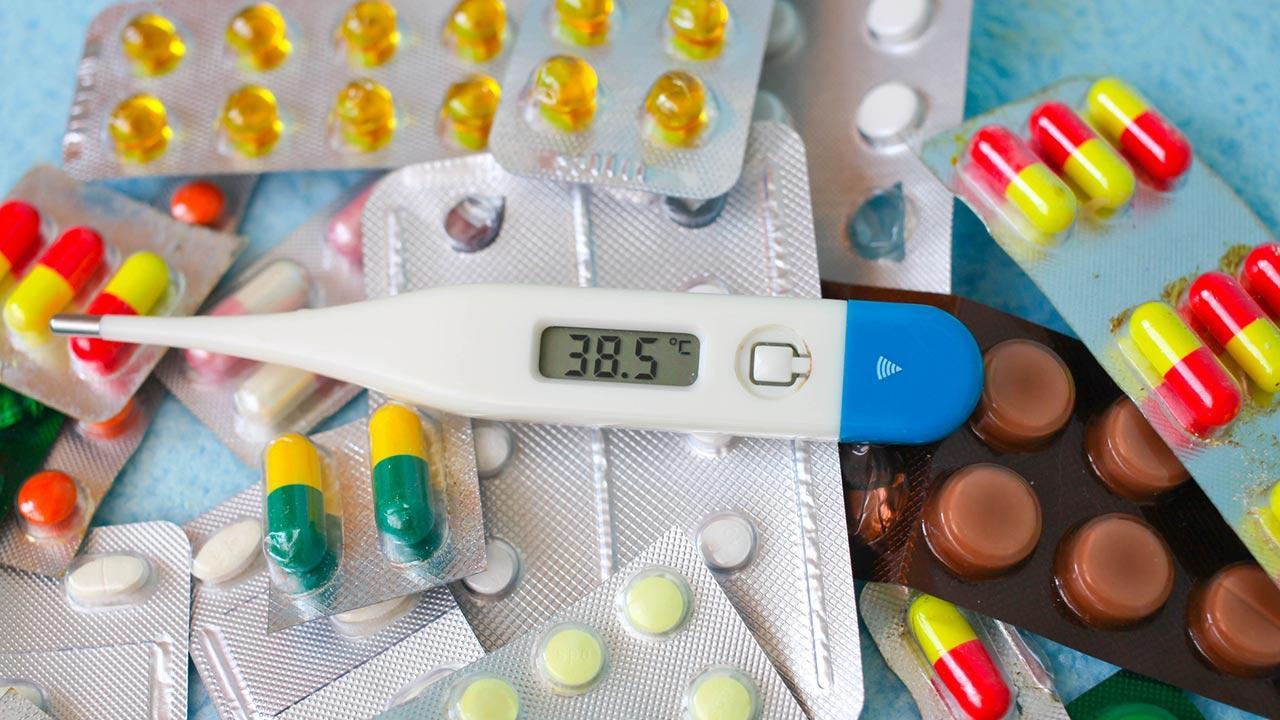 © IrynaTiumentsev / depositphotos
© IrynaTiumentsev / depositphotos
Disposal
Old, discarded medicines must be disposed of separately from household waste. The disposal is regulated by the local authorities. Under no circumstances may they be thrown into the toilet and flushed down the toilet. Preparations from conventional medicine may need to be disposed of differently than homeopathic remedies. It is best to ask your pharmacy directly. They can advise you on the correct disposal of your old medicines. Some pharmacies also accept old medicines and take over the disposal.
